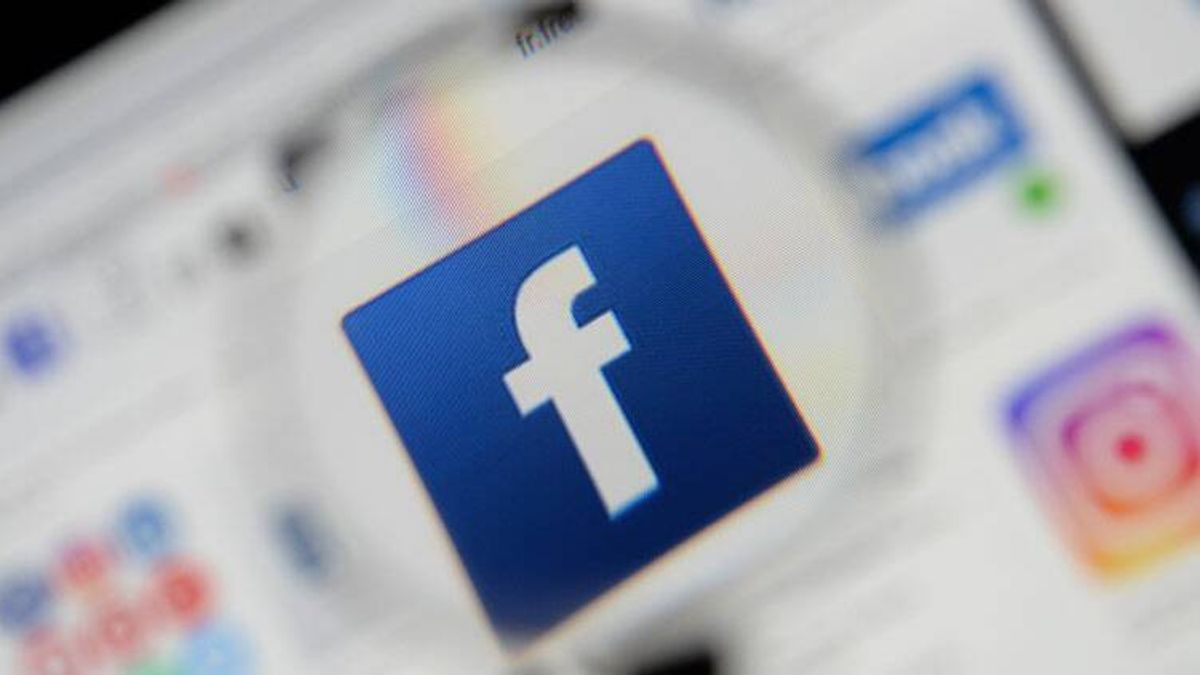JAKARTA - Facebook Inc continues to face problems and accusations of monopoly. Not only in Europe, in the United States the social media giant is also experiencing the same problem. Finally, Facebook asked a judge on Monday, October 4 to reject a revised US government antitrust case that sought to force the social media giant to sell Instagram and WhatsApp.
Facebook said in a court filing that the Federal Trade Commission (FTC) had failed to provide a "reasonable factual basis for branding Facebook an unlawful monopoly." The company added that it appears the FTC "has no basis for the bare accusations that Facebook owns or has a monopoly."
The social media giant requested that the lawsuit be dropped with prejudice, which would make it difficult for the agency to amend the lawsuit. The FTC declined to comment.
Judge James Boasberg of the US District Court for the District of Columbia ruled in June that the FTC's original complaint filed in December failed to provide evidence that Facebook had monopoly power in the social networking market.
The FTC's amended complaint, filed in August, adds more detail to its allegations that social media companies destroy or buy out rivals. Again they asked Boasberg to include the sale of Instagram and WhatsApp from Facebook.
The FTC argued at length in its revised complaint that Facebook dominates the US private social networking market with more than 65% of monthly active users since 2012.
Facebook's filing said the FTC's complaint "goes against the commercial realities of intense competition with soaring rivals like TikTok and a host of other attractive options for consumers."
The FTC voted 3 to 2 along party lines in August to file an amended lawsuit and reject Facebook's request for agency chairman Lina Khan to be removed from office.
In its motion, Facebook argued that the FTC's vote to file an amended lawsuit was invalid because Khan participated.
That included a lengthy series of statements from Khan, made before he became FTC chairman, criticizing the social media giant. In a series of tweets from December 2020, he praised the lawsuits filed by the FTC and the state attorney general saying "hope it marks another step forward in the growing effort to rehabilitate antitrust laws."
Facebook also noted that the FTC sued to cancel the mergers it had agreed to: Instagram, which it bought in 2012 for $1 billion, and WhatsApp, which it bought in 2014 for $19 billion.
"The FTC challenges the agency-approved acquisition after its own contemporary review ...," the motion said. "This case is completely devoid of legal or factual support. This is as true now as it was before."
Facebook also included dissent from FTC Commissioner Christine Wilson, a Republican, who has voted against filing an amended lawsuit because the FTC has not raised objections to the Instagram and WhatsApp deal.
"The FTC's fictional marketplace ignores competitive realities: Facebook competes fiercely with TikTok, iMessage, Twitter, Snapchat, LinkedIn, YouTube, and many others to help people share, connect, communicate, or simply be entertained," a Facebook spokesperson said. "The FTC cannot credibly claim Facebook has monopoly power because there is no such power."
The English, Chinese, Japanese, Arabic, and French versions are automatically generated by the AI. So there may still be inaccuracies in translating, please always see Indonesian as our main language. (system supported by DigitalSiber.id)












